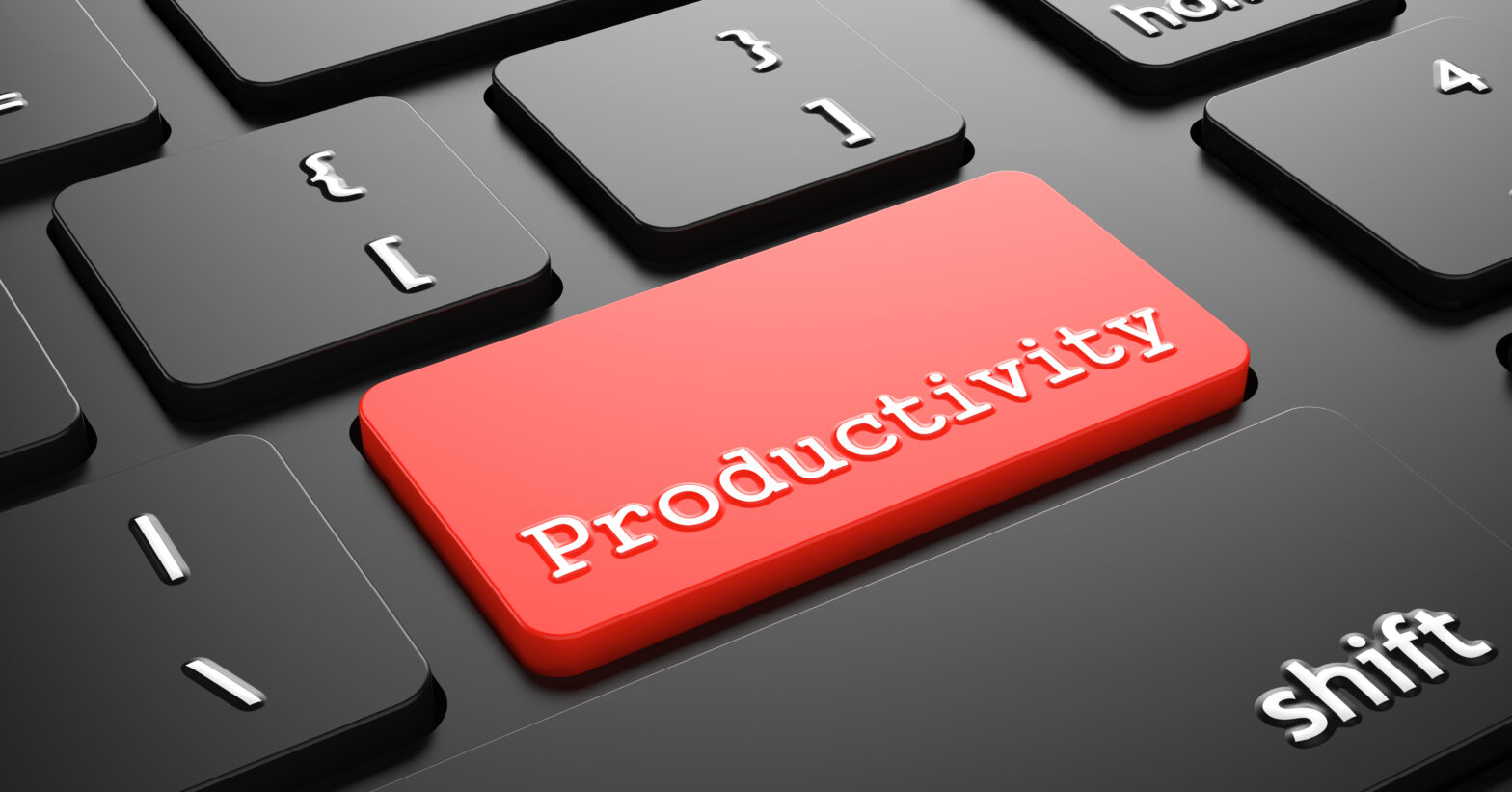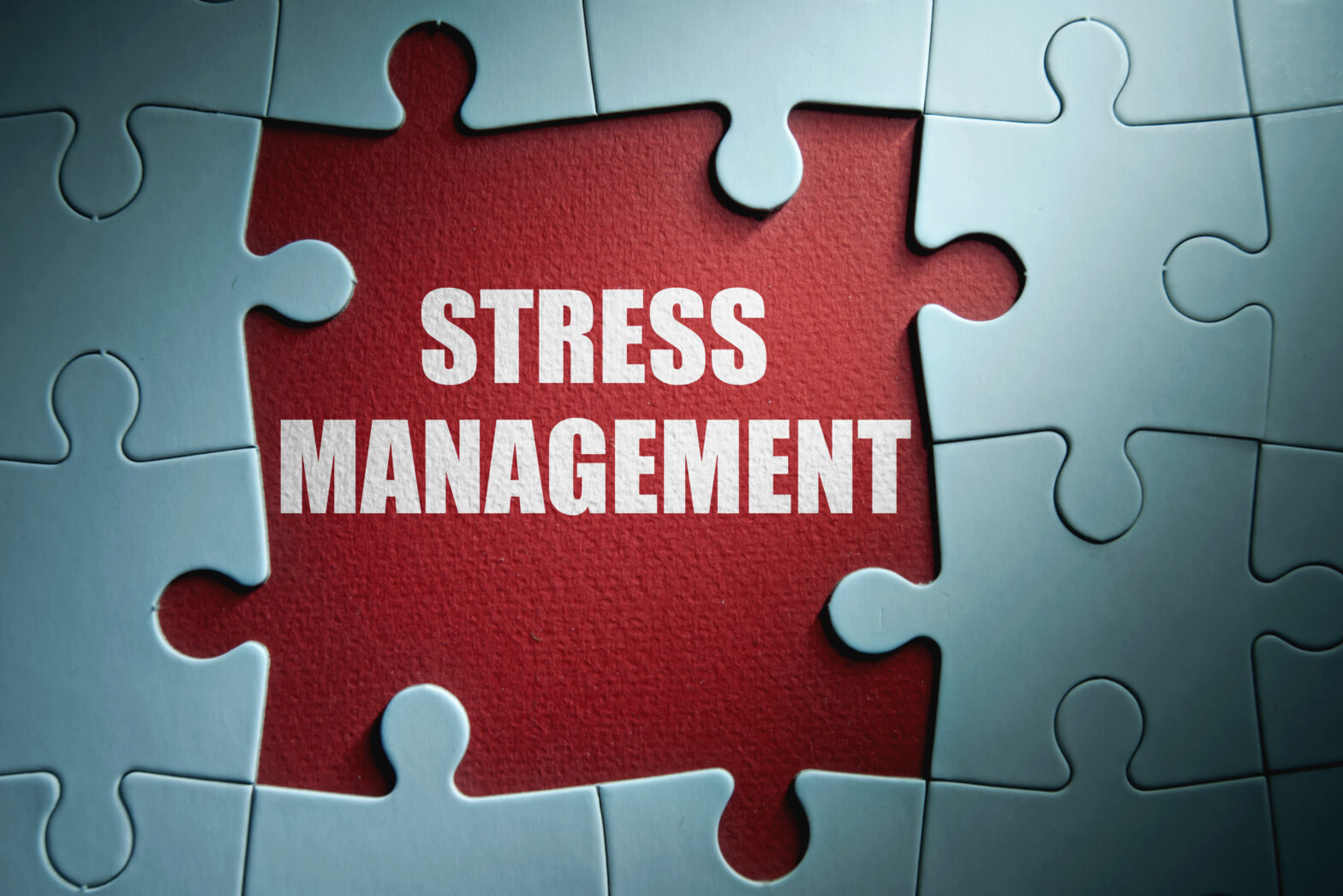Executives should ditch meetings, quit multitasking and learn how to delegate to remain productive in the office, experts have warned.
A new list of tips and advice has been compiled by the experts at commercial property firm LondonOffices.com to encourage workers to ditch bad habits and achieve benchmark levels of productivity at work.
From jazzing up your workplace, to improving your email etiquette, adopting these surprising habits will help to enhance brain function and improve concentration to keep you performing at an optimum level all throughout the day.
Chris Meredith, CEO at LondonOffices.com comments, ‘If it feels as though you’re constantly busy and you regularly struggle to see tasks through to the end, these could be signs that you should be taking measures to up your concentration levels and ensure you’re working as productively as possible.
‘Being more productive at work isn’t rocket science, but it does require making considered decisions and generally being more organised with your time.
‘These tips and snippets of advice are all easy to follow and carry out – it’s just all down to putting them in to place effectively and sticking to them.’
Here are fifteen ways to remain productive at work:
Take regular breaks
Research has shown that taking short breaks during long tasks helps you to maintain a constant level of performance, while working at a task without breaks leads to a steady decline in performance. So, schedule short, regular breaks throughout the day to up your concentration.
Say “no!” to meetings
Meetings are one of the biggest drainers of time, yet we all continue to book them, attend them and complain about them. Before booking your next meeting, ask yourself whether you can accomplish the same goals via email, phone, or a web-based meeting through Skype or something similar, as you could save yourself oodles of time.
See also: Why you need to ban meetings if you want to get anything done
Hold standing meetings
If a face-to-face meeting is absolutely essential, then a standing meeting could be the best option for you. By standing, team members will be reminded to keep the meeting short and sweet, whilst also increasing their own levels of attention and involvement.
Improve your email etiquette
Email can be a productivity killer and a distraction from tasks that actually matter, so try not to fall into this productivity trap. You might be guilty of copying-in multiple people in emails to get the workload off of your plate, but this can distract everyone else by creating disruptions against their own jobs.
If you receive an email where many people are CC’d, do everyone a favour by BCC’ing them on your reply. If your email chain goes beyond two replies, then it’s time to pick up the phone!
Tackle your toughest tasks when you’re most alert
If you’re a morning person, tackle your toughest project over your first cup of coffee and be done with it. That way it won’t be looming over your head all day, distracting you from other tasks.
Similarly, if you perform best after lunch when you’ve refuelled, then save the difficult or menial tasks until then. It’s all about figuring out what works best for you and working around it.
Sleep
Early-morning commutes, long work hours, and countless responsibilities at home means that increasing numbers of people aren’t getting the shuteye they need – and it only takes one night of sleep deprivation for us to suffer!
This could have a damaging effect on your performance, as lack of sleep will decrease your concentration, working memory, mathematical capacity, and logical reasoning.
According to the National Sleep Foundation, seven to nine hours a night is what you should be aiming for between the ages of 26-64.
Quit multi-tasking
People often think that the ability to multitask is an important skill for increasing efficiency, but in fact attempting several tasks at once can result in lost time and productivity.
Instead, commit to a single task and complete it before moving on to something else.
Take advantage of your commute
This goes for any unexpected extra time you might find on your hands from day-to-day too. Instead of trawling through your social media accounts, use that time to clear your inbox, create your daily to-do list, or do some general brainstorming.
Give yourself something nice to look at
According to research, decorating your office with pictures, candles and plants can increase productivity by up to 15%!
Turn off notifications
During work hours, turn off your notifications and build in allocated time to check your emails and messages instead.
Delegate properly
By delegating properly, you will have more time to spend on your own work. The key is to assign the right task to the right person – a person you know has the skills to do the job and that you can trust to get it done – and then leave them to it.
Prepare a to-do list for the next day each night
To-do lists are invaluable when it comes to optimising productivity – they get you organised, provide a clear focus and being able to check off things you’ve done is super satisfying.
Break up work with exercise
Physical activity enhances brain function which will in turn lead to increased levels of productivity, so it makes sense to try and squeeze some exercise in each day.
Whether it’s a brisk walk during your lunch break or a few impromptu desk workouts throughout the day, the enhanced brain power will give you improved concentration, more creativity, and faster learning!
Find your perfect noise level
Some people can only work in absolute silence, while others need some kind of background noise to hone in on difficult tasks efficiently.
If you can, experiment with different environments and noise levels until you find what helps you to be most productive, but remember to be courteous of your neighbours too.
Develop a routine
Whilst routines are often confused with being stuck in a rut or becoming complacent, developing a routine at work will actually help you pinpoint effective methods and techniques to increase your day-to-day productivity.





